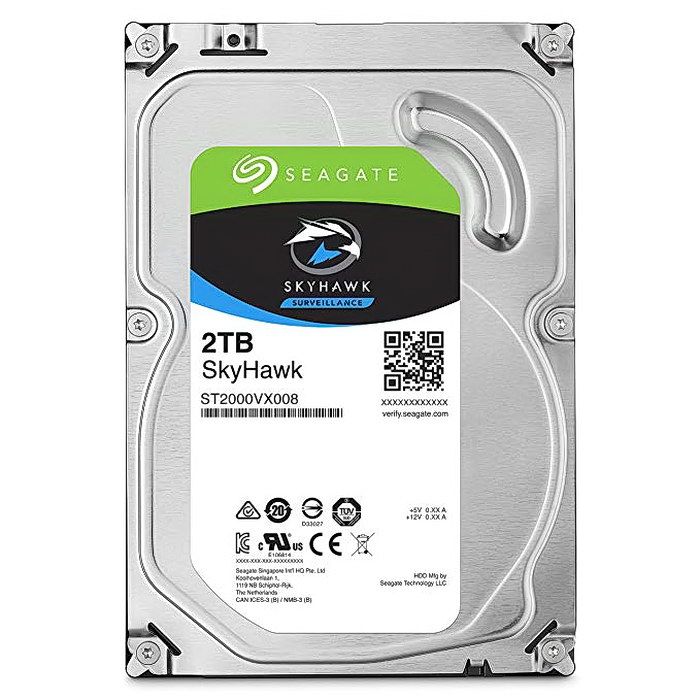2TB USED DESKTOP HARD DISK
Capacity: 2TB (Terabytes), which is equivalent to 2,000 gigabytes or approximately 2,000,000 megabytes of storage space.
Form Factor: 3.5-inch. This is the standard size for desktop hard drives and is not suitable for laptops or portable devices.
Interface: SATA (Serial Advanced Technology Attachment) is the most common interface for desktop HDDs. SATA III (6.0 Gb/s) is the latest standard as of my last knowledge update in 2022.
Rotational Speed: Most desktop HDDs operate at 7,200 RPM (Revolutions Per Minute), providing faster data access compared to slower-spinning drives.
Cache: Desktop HDDs typically have a cache buffer, which is a small amount of high-speed volatile memory used to temporarily store frequently accessed data. The cache size can vary but is often 64MB or 128MB.
Compatibility: These drives are compatible with most desktop computers that have SATA connections and available drive bays. Make sure your desktop’s motherboard and power supply support the drive’s interface and power requirements.
Data Transfer Rate: The data transfer rate will depend on the drive’s interface (SATA III provides up to 6.0 Gb/s) and other factors. This can impact how quickly data is read from and written to the drive.
Reliability: The reliability of a specific HDD can vary between manufacturers and models. It’s a good idea to check reviews and user feedback before purchasing to ensure the drive meets your reliability expectations.
Noise and Power Consumption: These factors can vary between different HDD models. Some drives are designed to be quieter, while others may consume less power.
Brand and Model: There are several reputable hard drive manufacturers, including Seagate, Western Digital (WD), Toshiba, and more. Specific models may offer additional features or performance characteristics.
Warranty: Check the warranty offered by the manufacturer, as it can vary from one HDD to another. Most reputable brands offer warranties ranging from 2 to 5 years

